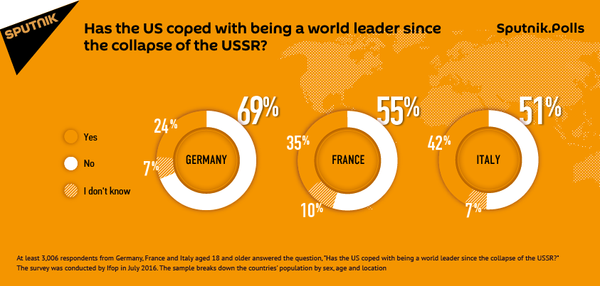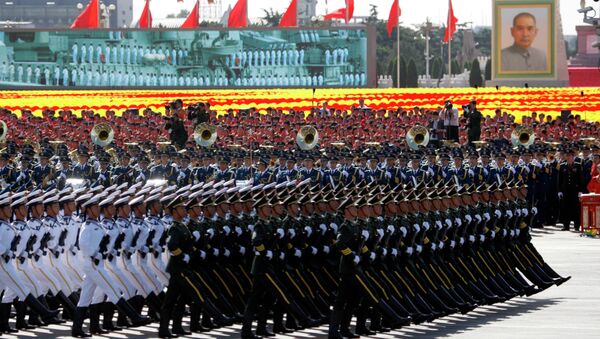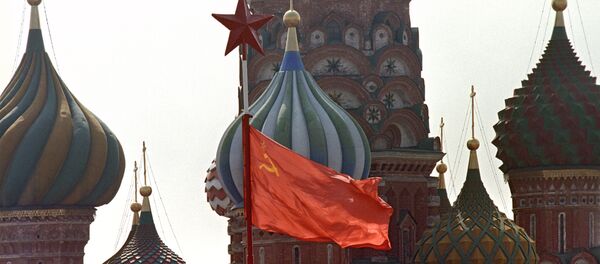On December 8 1991, the leaders of the Russian, Ukrainian and Belarusian republics met in a state dacha in Belavezha, Belarus to sign the Belavezha Accords, formally announcing the dissolution of the Soviet Union and the creation of the Commonwealth of Independent States. The USSR was formally dissolved two weeks later on December 26, 1991.

Speaking to Sputnik Brazil about the causes behind the USSR's collapse, and that significant event's lasting implications for the contemporary world, Brazilian geopolitical analyst and Russia specialist Antonio Gelis explained that the reasons for the collapse were numerous.
"I think that the Soviet Union collapsed for a million reasons," Gelis noted. "A whole series of problems emerged, but the main thing, in my view, was that the country and its allies proved unable, due to central planning, to create a viable consumer market. This is something that is very difficult to achieve with central planning."
At the same time, the expert noted that "this was a lesson that China managed to grasp; the country allowed many forms of [business] activity and was able to create a huge consumer market. This was a fundamental achievement."
Ultimately, as far as the 20th century superpower competition between the US and the USSR is concerned, Gelis suggested that it would be a dramatic oversimplification to say the USSR lost and the West won. "In my opinion, it is a myth that the USSR was defeated in the Cold War and the West won. I always say the following: that the Cold War was a fight between the West and the Soviet Union, and China won."




